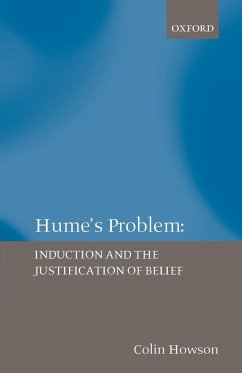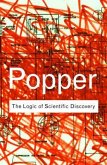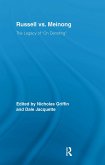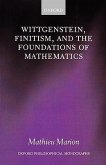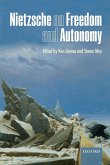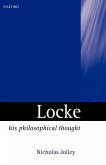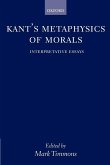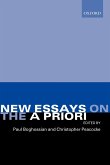In the mid-eighteenth century David Hume argued that successful prediction tells us nothing about the truth of the predicting theory. But physical theory routinely predicts the values of observable magnitudes within very small ranges of error. The chance of this sort of predictive success without a true theory suggests that Hume's argument is flawed. However, Colin Howson argues that there is no flaw and examines the implications of this disturbing conclusion; he also offers a solution to one of the central problems of Western philosophy, the problem of induction.
Hinweis: Dieser Artikel kann nur an eine deutsche Lieferadresse ausgeliefert werden.
Hinweis: Dieser Artikel kann nur an eine deutsche Lieferadresse ausgeliefert werden.

